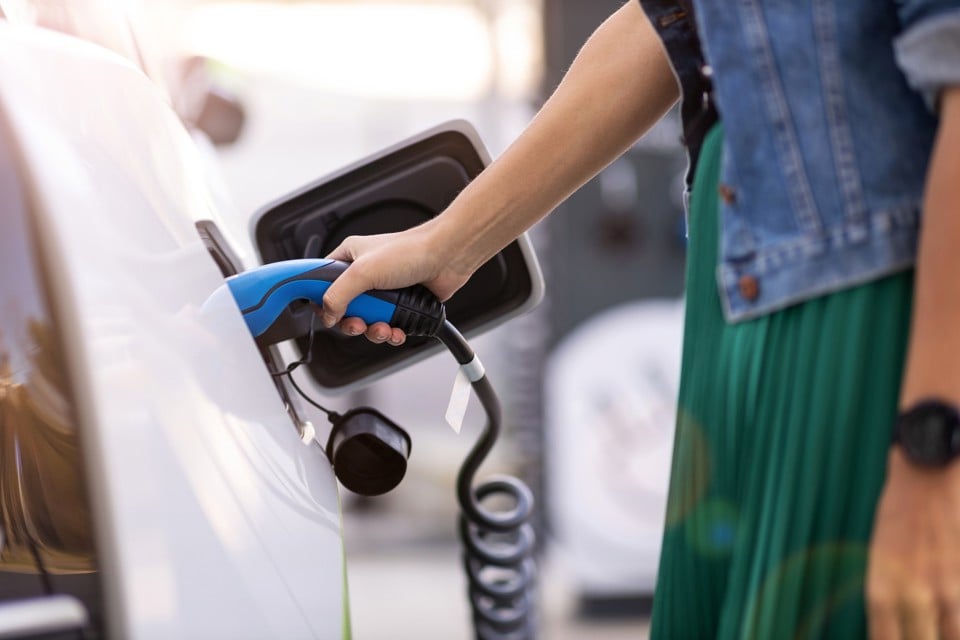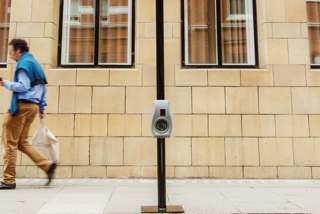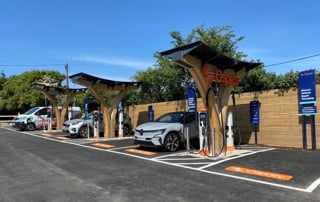The Government has ruled out cutting VAT on electricity to 5% for public charge points, to match the rates that homeowners with their own charge points benefit from, anytime soon.
It is estimated that about 40% of households do not have access to off-street parking or are in rental accommodation so are not able to charge their electric vehicle (EV) at home.
However, Helen Whately, Exchequer Secretary to the Treasury, said that the Government has 'no plans' to review the current rate of VAT applied to charging electric vehicles (EVs).
In an answer to a written question from Conservative MP Stephen Metcalfe, Whately said that in order to “keep costs down for families”, the supply of electricity for domestic use attracts the reduced rate of VAT at 5%.
Electricity supplied at EV charging points in public places is subject to the standard rate of VAT which is 20%.
“The Government has not specifically introduced a reduced rate for charging EVs at home,” she explained. “However, the practical challenges of differentiating between the electricity used at home for general domestic purposes, and electricity used to charge EVs currently mean that the reduced rate is effectively being applied to EV home-charging.”
Applying the reduced rate of VAT to electricity supplied at EV charging points in public places would “come at a cost”, she added.
VAT makes a significant contribution towards the public finances, raising around £130 billion in 2019/20, and helps fund the Government's priorities including the NHS, schools, and defence.
“Any loss in tax revenue would have to be balanced by a reduction in public spending, increased borrowing or increased taxation elsewhere,” she said.
RAC head of roads policy, Nicholas Lyes, says that it’s disappointing the Government appears to be “closing the door on fairer taxation” for EVs.
“The real issue is that those EV owners without driveways will be hugely dependent on public charge points, so it cannot be fair they are effectively being hit with a much higher rate of taxation than those that can charge at home,” he said.
“If the Government wants to make electric vehicle ownership truly universal, it needs to rectify this anomaly quickly.”
Quentin Willson, founder of the RAC-backed FairCharge campaign, added: “With the huge windfall in Treasury receipts because of higher oil and fuel prices there’s plenty of fiscal room to bring VAT on public charging down from 20% to 5%.
“For those without driveways or parking spaces the 20% VAT levy will mean millions of voters will be excluded from driving an EV.
“This is a massive Treasury policy blunder with serious societal implications. FairCharge has worked out that at the current rate of EV adoption, lowering the VAT on public charging would cost just £14 million. That’s a tiny raindrop echoing in an ocean.”
The rejection of a reduction of VAT on electricity supplied via public charge points comes after the Government set a target of installing 300,000 charge points in the UK by 2030.






















Login to comment
Comments
No comments have been made yet.